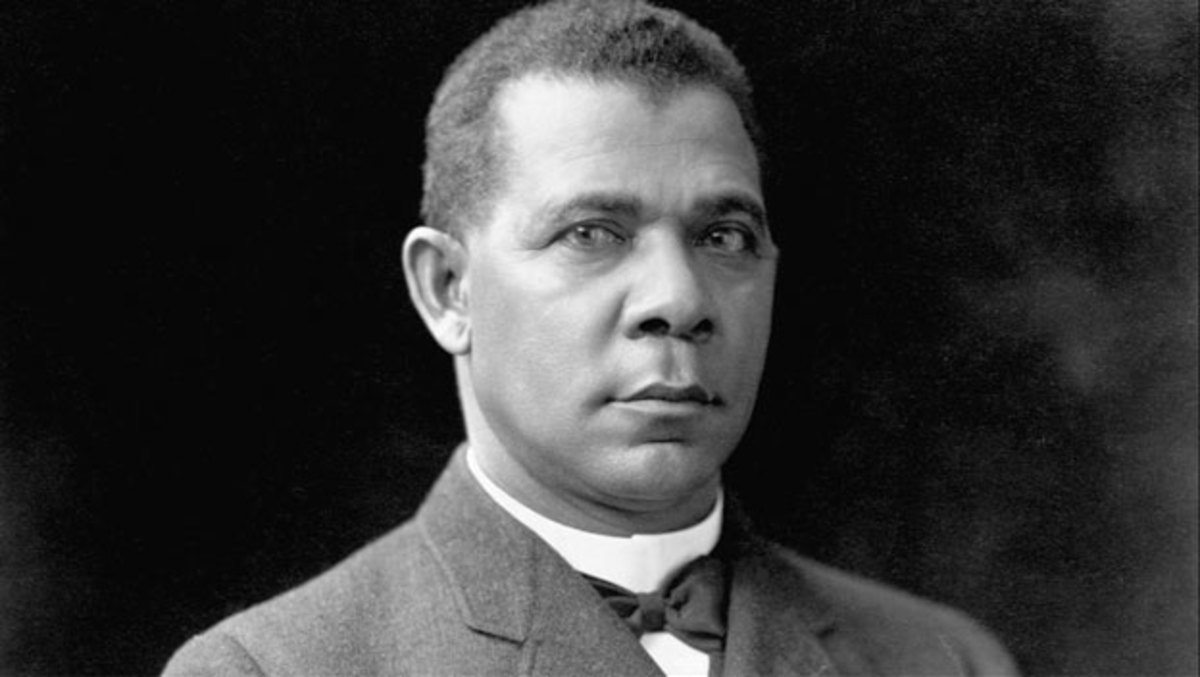Author Spotlight: Booker T. Washington
More than an author, Booker T. Washington is an educator, pioneer, spokesperson, and champion of the African American community in the early 20th century.

Washington was born a slave in 1856 in Franklin County, Virginia, but moved to Malden, West Virginia, after emancipation. He was forced into labor at age nine, but when he was old enough, he enrolled at what is now Hampton University to get an education while working as a janitor. In 1875, he graduated and returned to Malden, where he taught both children and adults. He also returned to teach at Hampton in 1880.
The following year, Washington was chosen to head the Tuskegee Normal and Industrial Institute, a newly established school for African Americans. The institute started out with only two small buildings and would later grow into a university with over 100 buildings.
In 1895, Washington became known nationwide because of his speech at the Atlanta Exposition called The New Negro, in which he talked about how the way forward for African Americans in the United States was through common labor. This perspective put him in a controversial position in the African American community but gained him popularity among white politicians, which later benefitted him.
Washington was able to publish a total of five books with the help of three ghost writers, most of which were compilations of his speeches and essays. His second autobiography, Up from Slavery, became a best seller and led him to becoming the first black person to be invited by the president to the White House.
Washington’s legacy was tainted by his controversial support for segregation. He was for “industrial” education, which he believed would create a more stable African American community. He believed that if African Americans notched their own achievements, soon the stereotypes about their community perpetuated by prejudiced white America would be erased. This made him the opponent of W. E. B. Du Bois, who believed that blacks should be allowed equal opportunities as white people.
In 1915, Washington passed away. By that time, he was back at Tuskegee Institute, having fallen out of favor with most of his allies. His greatest achievement was having grown the institute from nearly nothing into an establishment with over a thousand students, 200 faculty, and $2 million dollars. His remains were laid on a hill overviewing the institute now known as Tuskegee University.
Sources:
For affordable and professional proofreading, copy editing, and writing services, trust only inwrite.com!